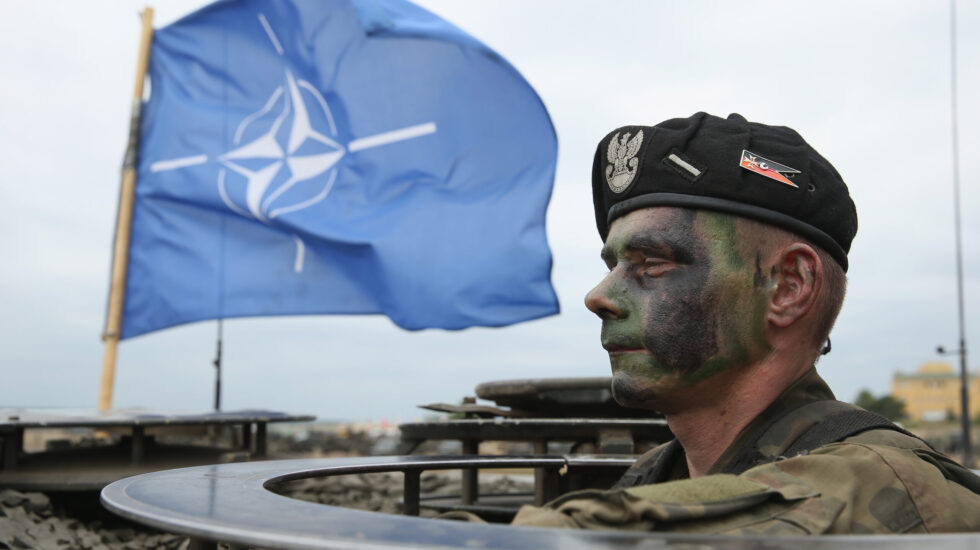Russia’s brutal invasion of Ukraine has pushed Sweden and Finland closer to NATO, the exact opposite outcome desired by Russian President Vladimir Putin.
Speaking at a joint press-conference in Stockholm on Wednesday, the prime ministers of the two Nordic countries indicated that they may seek membership in the alliance within weeks.
Currently, both nations are officially nonaligned militarily. But “everything changed when Russia invaded Ukraine,” said Finnish Prime Minister Sanna Marin. Her country shares an 830 mile border with Russia. Finnish lawmakers will make a decision on NATO after their Easter break, she added.
CNBC reports:
Sweden’s Prime Minister Andersson echoed this view, saying there was “no point” in delaying analysis of whether it is right for Sweden to request NATO membership.
“I think as I have said so many times this is a very important time in history. There is a before and after the 24th of February. The security landscape has completely changed,” Andersson said.
CNN provides crucial context:
Public opinion in both countries has shifted significantly since the invasion, and NATO allies and officials are on the whole supportive of the two countries joining. The only serious objection could come from Hungary, whose leader is close with Putin, but NATO officials think it would be able to twist Prime Minister Viktor Orban’s arm.
Given that Putin started his war demanding that NATO roll its borders back to where they were in the 1990s, the fact this is even being considered represents a diplomatic disaster for Moscow. And if Finland in particular were to join, Putin would find Russia suddenly sharing an additional 830-mile border with NATO.
The Washington Post underscores the irony of the potential NATO expansion, noting, “Russian President Vladimir Putin used NATO expansion as a pretext to invade Ukraine. Now, his brutal war there may bring the military alliance ever closer to his door.”
The outlet adds:
Sweden and Finland already have deep ties to the alliance. Both have worked with NATO on military interoperability, have trained with alliance forces and meet NATO standards when it comes to “political, democratic, civilian control over the security institutions and the armed forces,” NATO Secretary General Jens Stoltenberg said last week.
“There are no other countries that are closer to NATO,” Stoltenberg, a former Norwegian prime minister, told reporters in Brussels.
However, becoming a full-fledged member of NATO comes with a massive benefit. CNBC reports:
“The difference between being a partner and being a member is very clear and will remain so,” Marin said. “There is no other way to have security guarantees than under NATO’s deterrence and common defense as guaranteed by NATO’s Article 5.”
The reference to NATO’s Article 5 refers to the principle of collective defense. In short, Article 5 means that an attack against one NATO member is considered an attack against all allies.
It is defined by the alliance as a “unique and enduring principle that binds its members together, committing them to protect each other and setting a spirit of solidarity.”
Members of NATO must commit to spend 2% of their GDP on defense.



